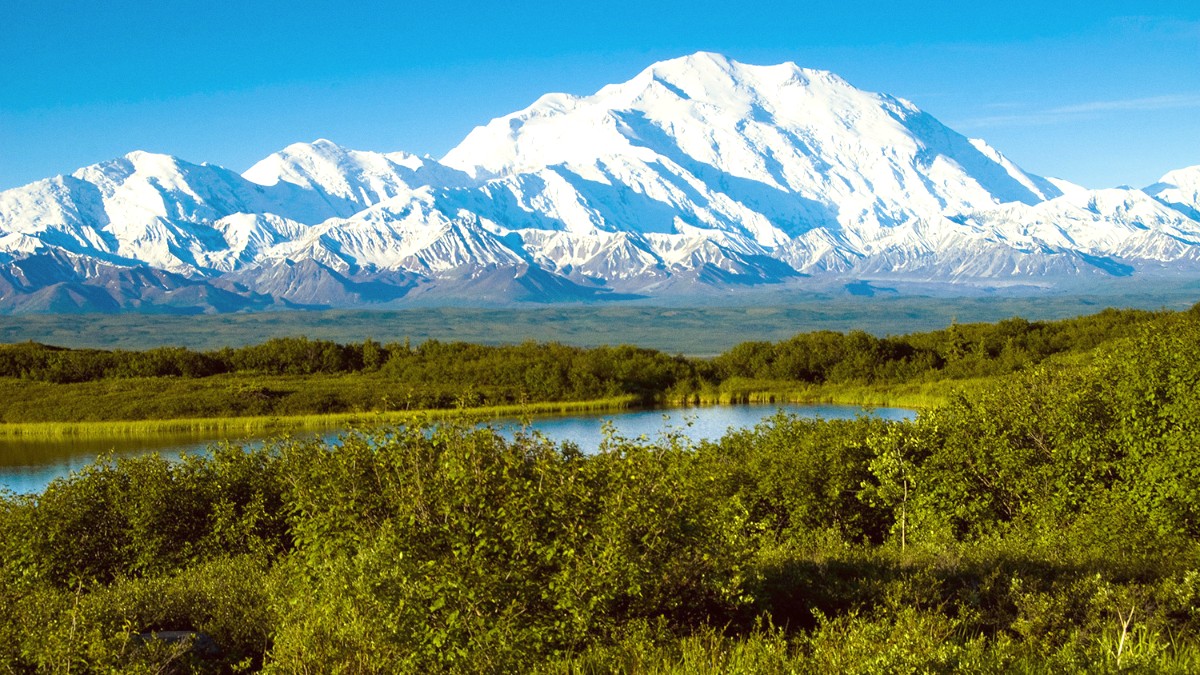
Alaska, USA
The region experiences a subpolar oceanic climate (Köppen: Cfc or Dfc), marked by consistently cool temperatures, heavy precipitation (mostly rain or drizzle), strong winds, and frequent fog. Temperatures rarely rise above 60°F (15°C) or fall below 20°F (-6°C). This consistency means warm, waterproof gear always wise.
Climate patterns throughout the year:
June - August
Mildest weather, outdoor activities more feasible. Most daylight for exploration. Peak wildlife viewing. Flights tend more reliable.
Highest prices. Book far in advance. Strong wind, rain, and fog common.
May, September
Fewer visitors, potentially lower prices. Good for certain wildlife observations.
Weather becomes more unpredictable, with increased storm risk and flight delays. Some tours limited.
October - April
Lowest prices if services appear. Dramatic storm photography opportunities and unique winter wildlife viewing.
Harsh weather, frequent severe storms, extreme winds, very short daylight. Services and tours very limited. High likelihood of flight cancellations and delays.
No visa. For domestic air travel, a valid government-issued photo identification. A state-issued driver's license or ID card. A U.S. Passport always valid for air travel. From May 7, 2025, a Real ID-compliant driver's license or another approved identification (like a passport) will become necessary for domestic air travel. Ensure current identification meeting federal standards.
No separate entry fees for the Aleutian Islands. Standard U.S. Customs and Border Protection (CBP) procedures apply at your initial U.S. Port of entry, typically Anchorage (ANC) or Seattle (SEA). Immigration and customs clearance at this first U.S. Airport.
For tourism, visiting friends or family, or medical treatment. Apply at an U.S. Embassy or consulate in your home country. Process includes online submission, an interview, and supporting documents.
Citizens of certain countries may enter the U.S. For tourism or business for up to 90 days without a visa. Obtain an approved Electronic System for Travel Authorization (ESTA) before travel.
A passport valid for at least six months beyond intended stay. Some countries have specific agreements exempting their citizens from this rule.
Proof of onward or return ticket to your home country or next destination is often necessary.
Proof of sufficient funds for your U.S. Stay.
Travel to the Aleutian Islands, specifically Unalaska/Dutch Harbor, is considerably more expensive than most other U.S. Destinations. This high cost stems from remote location, limited infrastructure, and reliance on air freight for nearly all supplies. Careful budgeting is absolutely necessary.
The official currency is the United States Dollar (USD). ATMs appear in Unalaska/Dutch Harbor at Alaska Commercial Company grocery store and local banks (e.g., Wells Fargo). Credit cards (Visa, Mastercard, American Express, Discover) are widely accepted by hotels, restaurants, and larger stores.
Tipping practices in the Aleutian Islands follow standard U.S. Norms.
These daily costs are estimates for your time on the islands, not including your round-trip flight from Anchorage to Unalaska, which can easily add another $800 - $1,500+ USD per person.
Travel to the Aleutian Islands warrants careful preparation due to remoteness, extreme weather, and limited medical facilities.
Real risks due to cold, wet, windy conditions. Prevent by dressing in warm, waterproof, layered clothing; avoid cotton; stay dry.
Terrain rugged, uneven, often slippery. Wear sturdy, Waterproof hiking boots with good ankle support. Use trekking poles for stability.
Be aware of marine mammals and birds. Maintain respectful distance. Never approach or feed.
Unalaska/Dutch Harbor
The Iliuliuk Family and Health Services clinic provides main care and has limited emergency services. For serious medical emergencies, patients typically require medical evacuation, usually to Anchorage or Seattle.
Such evacuations are extremely costly and are weather-dependent, meaning delays can occur.
Emergency Numbers: Dial 911 for all emergencies (Police, Fire, Ambulance) within Unalaska/Dutch Harbor.
No specific vaccinations for entry beyond standard U.S. Requirements. Routine vaccinations (MMR, DTaP, Polio) current advised. Tetanus important for cuts/injuries.
Tap water in Unalaska/Dutch Harbor generally safe to drink. When hiking in remote areas, purify water from streams before drinking using a filter or tablets.
Standards at established restaurants and stores comparable to mainland U.S. Always practice good hygiene.
Unalaska/Dutch Harbor generally a safe community with a low crime rate. Most issues relate to alcohol consumption within the transient fishing industry population.
Carry essential contact information and have a plan for emergencies, especially in remote areas.
Police, Fire, Ambulance within Unalaska/Dutch Harbor.
Iliuliuk Family and Health Services (+1 (907) 581-1202), Unalaska Department of Public Safety (non-emergency: +1 (907) 581-1233).
For exploring beyond Unalaska's limited cell service, a device like the Garmin inReach Mini 2 offers two-way satellite messaging and SOS capabilities.